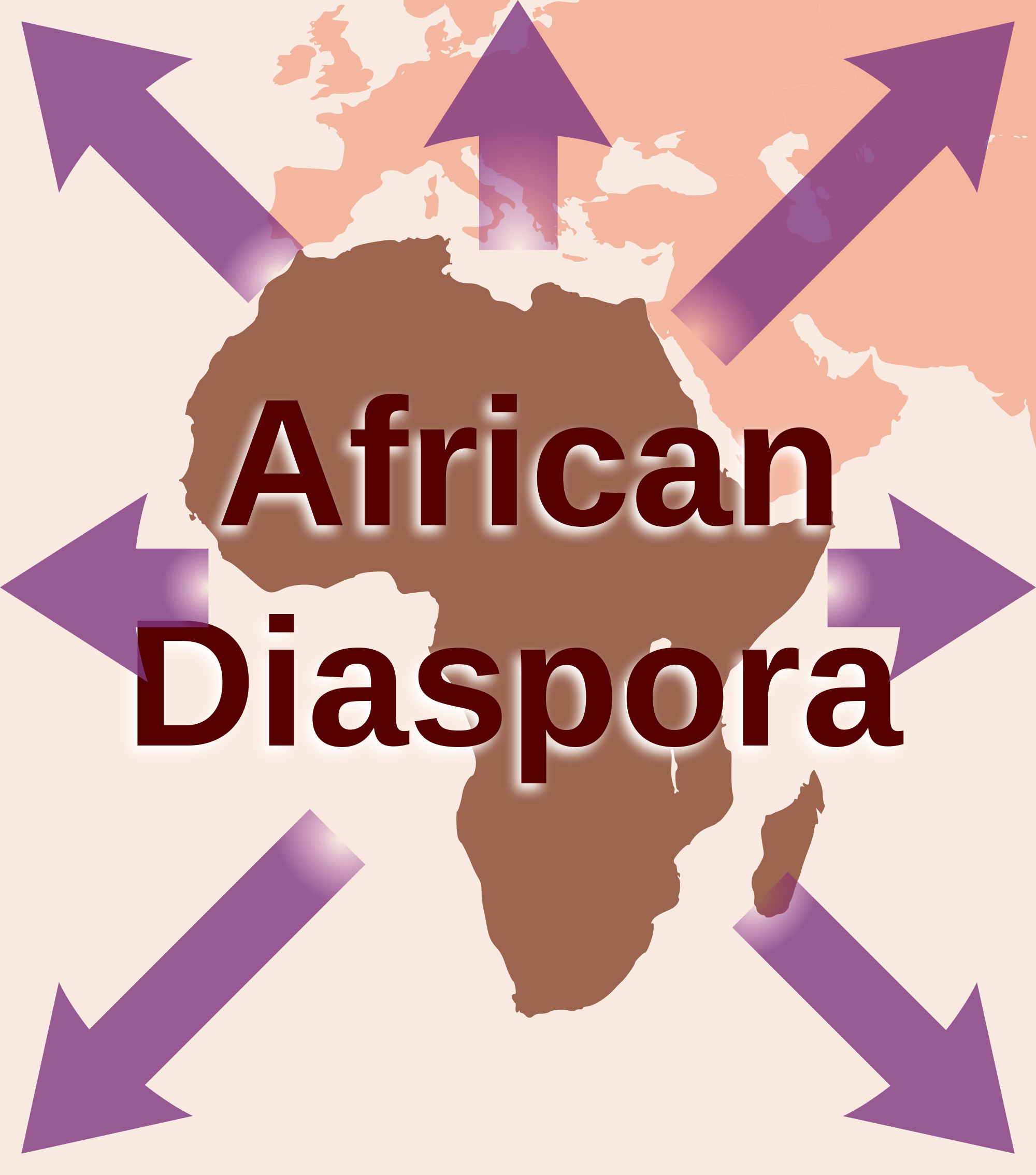That desire and yearning to know more about what's happening with trans issues on the African continent is one of the reasons why TransGriot was founded ten years ago.
It's also part of my mission, and one of the reasons I eagerly feature posts about African trans activists like Kenya's Audrey Mbugua, talk about organizations like South Africa's Gender DynamiX, and follow what happens when African trans activists organize regional conferences and gatherings..
I was cheering when Titica was busting out as an out trans music artist in Angola, and was keenly interested in hearing her story
 It's also why I have the attitude that what happens to African descended trans people in the Caribbean, Latin America, Brazil, continental Africa or anywhere else on the planet where African descended trans people reside IS my business.
It's also why I have the attitude that what happens to African descended trans people in the Caribbean, Latin America, Brazil, continental Africa or anywhere else on the planet where African descended trans people reside IS my business.That desire to know more about what's going on with my continental African trans siblings is why I'm proud to have several African diaspora trans siblings as FB friends. I not only want to know what's happening in their lives, but git is a two way relationship that helps give me insight and context as an African descended person living in the United States concerning some of the trans developments going on in continental African nations and across the African Diaspora from their vantage points. .
It's also interesting to note that there are not only gender variant peoples on the African continent, but one of the initial international destinations where trans women from around the world converged to get gender confirmation surgeries in the mid 1950's-1960's was Dr. Georges Burou's Clinique du Parc in Casablanca, Morocco.
Dr. Burou not only was the innovative surgeon who performed the SRS surgeries for April Ashley, Marie-Pier Ysser, the late Jacqueline-Charlotte 'Coccinelle' Dufresnoy, and author Jan Morris he influenced his contemporaries in the SRS field like Dr Stanley Biber
Speaking of gender variant people on the African continent, there is also evidence of gender variant behavior across the African continent going back to ancient Egypt and persisting to the present day. During the Egyptian Mamluk Sultanate that was in power from the 1200's to the 1700's, assigned female at birth children who exhibited masculine behavior could be raised as men.
In Benin, during its Kingdom of Dahomey days, there were the Mino, assigned female at birth persons (AFAB)who were warriors, and considered masculine. The Maale peoples in Ethiopia have peeps they call the Ashtime, assigned masculine at birth (AMAB) eunuchs who lives as women. The Ashtime term evolved to become a term describing all types gender variant people who were assigned masculine at birth.
In Swahili speaking areas of the Kenyan coast including Mombasa, the Mashoga reign, and in the Democratic republic of the Congo, the Mbo people have the Mangaiko, and in Madagascar, the Sakalava people have the Sekrata, who are analogous to binary trans women.
And I agree, we need more media focus on continental Africans when we talk about transgender issues and the unique complexities and challenges it entails.
Trans people exist on the second largest continent on this planet, and their stories need to be heard and talked about. As long as this blog exists, that's exactly what's going to transpire..
What happens with my African Diaspora trans peeps is not only my business, I have a responsibility to help get those stories out to my readers and the general public.. . .


No comments:
Post a Comment